To Bleach or Not: Uncover the Truth About Whitening
Ever found yourself standing in front of the mirror, pondering the question, to bleach or not to bleach? You’re not alone. As someone who’s walked this path, I understand the allure of a fresh, lighter look. But, I also know the potential pitfalls – the dryness, the brittleness, and the risks associated with toxic chemicals.
In this guide, we’ll delve into the world of hair bleaching, weighing up the pros and cons. We’ll explore safer alternatives and provide essential aftercare tips to keep your hair vibrant and healthy. Whether you’re contemplating a dramatic change or just curious, this article aims to equip you with the knowledge to make an informed decision.
Remember, understanding the process is key, and making the right choice for your hair health doesn’t have to be a daunting task.
Understanding the Hair Bleaching Process
Choosing to bleach or not to bleach your hair is a significant decision that involves understanding the intricate process and its effects. This section delves into the essentials of hair bleaching, offering insights into what it entails and how it works, so you can make an informed choice.
What is Hair Bleaching?
Hair bleaching, in its essence, is a transformative journey. I remember the first time I decided to lighten my locks—it felt like stepping into a new version of myself. This chemical process strips pigment from your hair strands, unveiling a much lighter shade. It’s particularly crucial if you’re aiming for a color more than four levels lighter than your natural hue or if your hair has been previously colored. The magic happens through a combination of alkalizing and oxidizing agents. These agents open up the hair cuticle and oxidize melanin, the pigment that gives your hair its color. When pondering whether to bleach or not to bleach, it’s vital to grasp that this procedure is often necessary for those yearning for a dramatic color transformation.
How Hair Bleach Works
The bleaching process is quite fascinating, yet it demands respect. It works by lifting the outer cuticle of the hair, which can weaken internal bonds. This sometimes leads to breakage and split ends—something I’ve experienced firsthand. It affects three types of bonds within the hair: hydrogen, disulfide, and salt bonds. Your decision to bleach or not to bleach should consider that the process’s effectiveness hinges on several factors. These include the condition, type, and natural color of your hair. Healthy, virgin hair often responds more favorably to bleaching. However, if your hair has been previously processed or is damaged, it may require extra care and consideration.
Ultimately, the choice to bleach or not to bleach is deeply personal. It’s a balance between the desire for change and the commitment to hair health. Whatever you decide, remember that your hair is a canvas for self-expression, and taking care of it is a form of self-love.
Pros and Cons of Hair Bleaching
Benefits of Hair Bleaching
To bleach or not to bleach—this question has danced around my mind countless times as I stood in front of the mirror, contemplating a bold new look. Bleaching your hair can truly be a transformative experience. It opens the door to a world of lighter shades, perfect for those of us yearning for a fresh start or a striking change. If your hair has been previously colored, bleaching becomes almost a necessity to achieve that lighter hue, since layering color over color often darkens the outcome. A lighter hair color can do wonders, not just for your appearance but also for your confidence. It feels like stepping into a new version of yourself, one that’s vibrant and full of life.
Potential Risks and Damage from Hair Bleaching
However, the decision to bleach your hair isn’t without its challenges. I’ve learned, sometimes the hard way, that bleaching can lead to dryness and brittleness, making hair more porous and fragile. There’s a delicate balance to maintain. Over-bleaching or incorrect application can cause significant damage, such as breakage, frizziness, and even a slowdown in hair growth. Scalp irritation and discoloration are also risks to consider. For those concerned about chemical exposure, learning about how to make non-toxic laundry detergent can be a valuable step towards a healthier lifestyle. The extent of these issues can vary depending on your natural hair color, how long each bleaching session lasts, and how often you bleach. So, when pondering whether to bleach or not to bleach, it’s crucial to weigh these risks against the potential benefits.
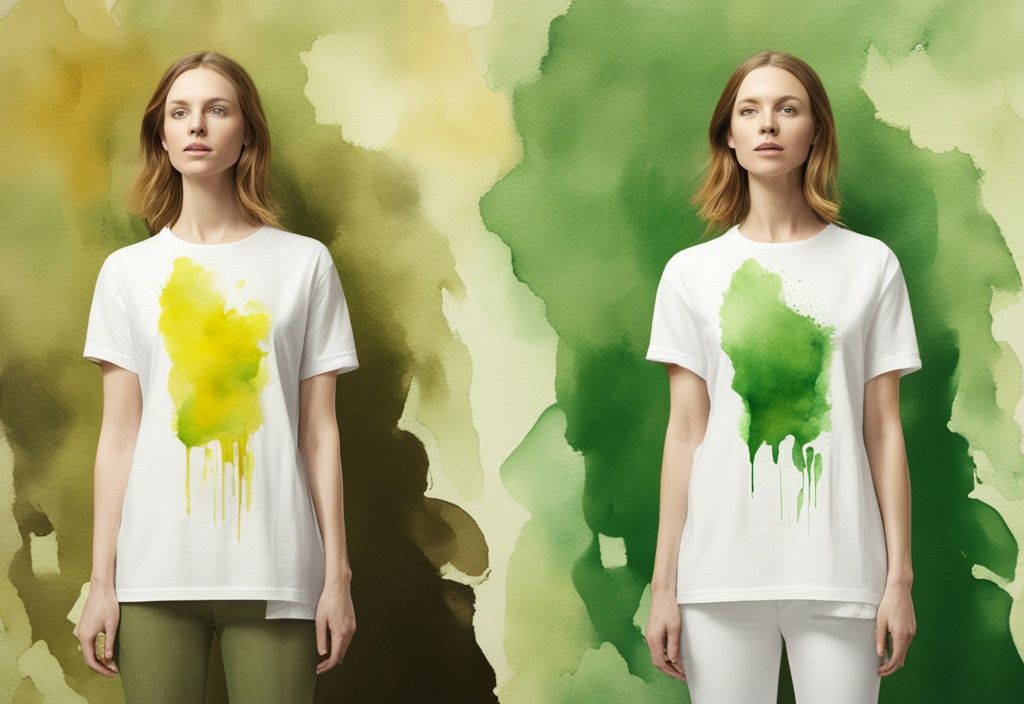
Factors to Consider Before Bleaching Your Hair
Deciding whether to bleach or not to bleach your hair involves weighing several important factors. From assessing your hair’s health to understanding your natural hair color and type, each aspect plays a crucial role in the outcome. Additionally, choosing between professional and home bleaching can significantly impact your hair’s condition and the results you achieve.
Evaluating Your Hair’s Health and Strength
When I first contemplated the decision to bleach or not to bleach, I realized how vital it was to assess my hair’s health. Performing a simple hair elasticity test can reveal if your strands are strong enough to withstand the bleaching process. Bleach tends to work best on virgin, unprocessed, and undamaged hair. I learned the hard way that skipping professional preparation, like using scalp-protecting solutions and conducting strand tests, can lead to unwanted damage. These steps are essential to safeguard your hair’s integrity and achieve the look you desire.
Understanding Your Natural Hair Color and Type
Your natural hair color and type significantly influence the bleaching process. For instance, blonde hair often lightens quickly, while darker shades, like brunettes, might need multiple sessions and ongoing maintenance. I remember a friend from an Asian background who struggled with lightening her hair due to its natural resistance. Understanding these nuances is crucial when deciding to bleach or not to bleach, as they determine the number of sessions required and the final result.
Choosing Between Professional and Home Hair Bleaching
Deciding whether to bleach at home or seek professional help can be daunting. Hair bleaching is a complex and often costly process that professionals are better equipped to handle. I once tried home bleaching, thinking it would be more convenient, but it resulted in significant damage. Professional consultation ensures the process is conducted safely and effectively, which is essential when considering whether to bleach or not to bleach. Trust me, the peace of mind and quality results are worth it.
Essential Aftercare for Bleached Hair
Deciding to bleach or not to bleach your hair is a significant choice, one that requires careful consideration of the aftercare involved. Bleached hair needs special attention to maintain its health and vibrancy.
Recommended Treatments for Bleached Hair
When I first decided to bleach my hair, I quickly learned the importance of regular bond-repairing treatments. These treatments are like a lifeline, helping to fortify existing bonds and mend those that are broken, ensuring the hair retains its structural integrity. Deep-conditioning treatments became my best friend, as they are crucial for replenishing moisture, enhancing elasticity, and restoring that much-needed shine.
Incorporating nourishing products into your routine can make a world of difference. I swear by hair masks, leave-in conditioners, and strengthening treatments. They significantly improve hair health, making it feel more alive. Opt for gentle shampoos and conditioners specifically formulated for chemically treated hair. This small change can minimize further damage and keep your hair looking its best.
Protecting and Maintaining Your Bleached Hair
As you weigh the decision to bleach or not to bleach, remember that bleached hair is more vulnerable to moisture loss and damage. Heat styling can worsen this, so using heat-protectant sprays is essential. I never skip this step, and it has made a noticeable difference. Daily application of protective sprays or serums can shield your hair from environmental stressors, keeping it safe and sound.
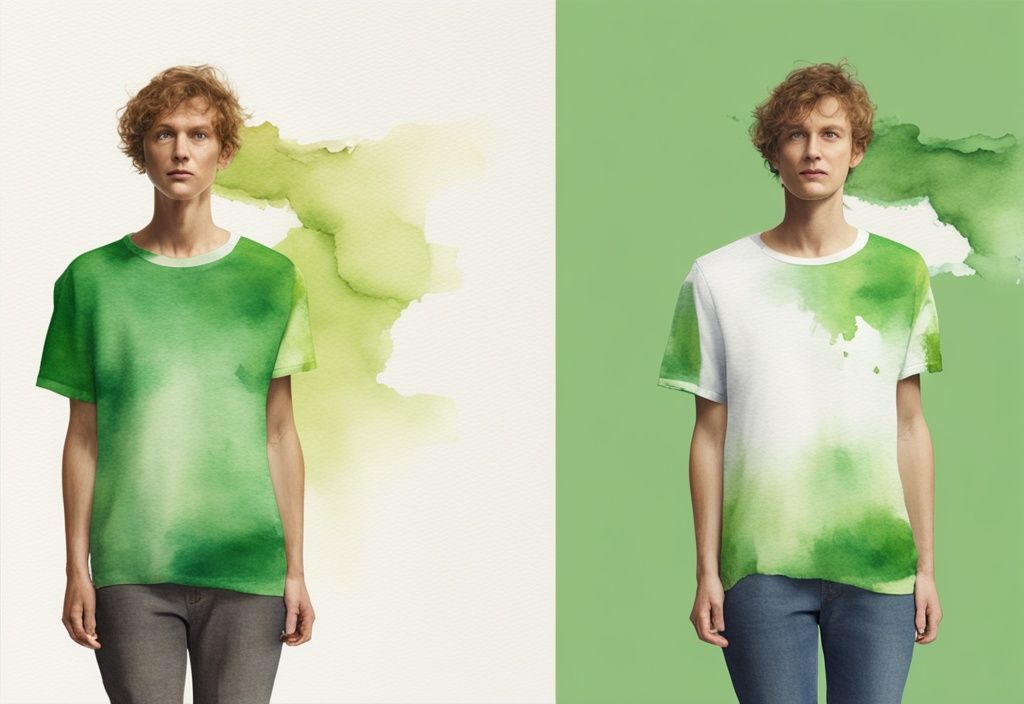
Consistent use of a quality conditioner is non-negotiable. It smooths the cuticle, locks in moisture, and prevents tangling. These protective measures are vital for maintaining the health and appearance of bleached hair. With the right care, your hair can remain vibrant and resilient, allowing you to enjoy your new look with confidence.
Alternatives to Hair Bleaching
Deciding whether to bleach or not to bleach can be a challenging choice, especially when considering the health of your hair. Fortunately, there are several alternatives that offer less damaging ways to achieve lighter hair shades. These options allow you to explore different methods of hair lightening without the harsh effects of traditional bleaching. From gentle shampoos and conditioners to natural remedies, these alternatives provide a safer path to achieving your desired look.
Exploring Hair Lightening Shampoos and Conditioners
When I first pondered the dilemma of to bleach or not to bleach, I discovered the gentle magic of lightening shampoos and conditioners. These products work gradually, offering a soft and natural-looking lightening effect. They’re perfect for those of us who want to maintain or slightly enhance our lighter shades without the harshness of bleach.
Incorporating these into my hair care routine felt like a breath of fresh air. I noticed a subtle change that preserved the health and integrity of my hair, making it an ideal choice for anyone cautious about the damage associated with traditional bleaching methods. So, if you’re on the fence, consider giving these products a try. They might just be the gentle touch your hair needs.
Natural Methods for Hair Lightening
For those of you wrestling with the question of to bleach or not to bleach, natural methods offer a compelling alternative. I remember the first time I tried using lemon juice, chamomile tea, and honey to lighten my hair. The results were subtle but satisfying, and I felt good knowing I was avoiding harsh chemicals.
These ingredients are generally less harmful, providing a gentle way to achieve lighter hair without compromising its health. By choosing these natural solutions, you can enjoy a lighter shade while minimizing the risk of damage. It’s a wonderful option for anyone seeking non-toxic hair care methods. Plus, the process feels rewarding, knowing you’re making choices that are kinder to both your hair and the environment.
FAQs About Hair Bleaching
Exploring the world of hair bleaching can be both exciting and daunting. Here, we delve into common questions about the process, offering insights to help you decide whether to bleach or not to bleach.
Is Hair Bleaching Safe for Everyone?
In my journey, I’ve learned that hair bleaching isn’t a one-size-fits-all solution. It’s crucial to consider the health of your hair before diving in. If your hair is weak or damaged, bleaching might not be the best choice. To bleach or not to bleach is a decision best made after consulting with a professional who can assess your hair’s condition. This step ensures you’re making a choice that aligns with your hair’s unique needs.
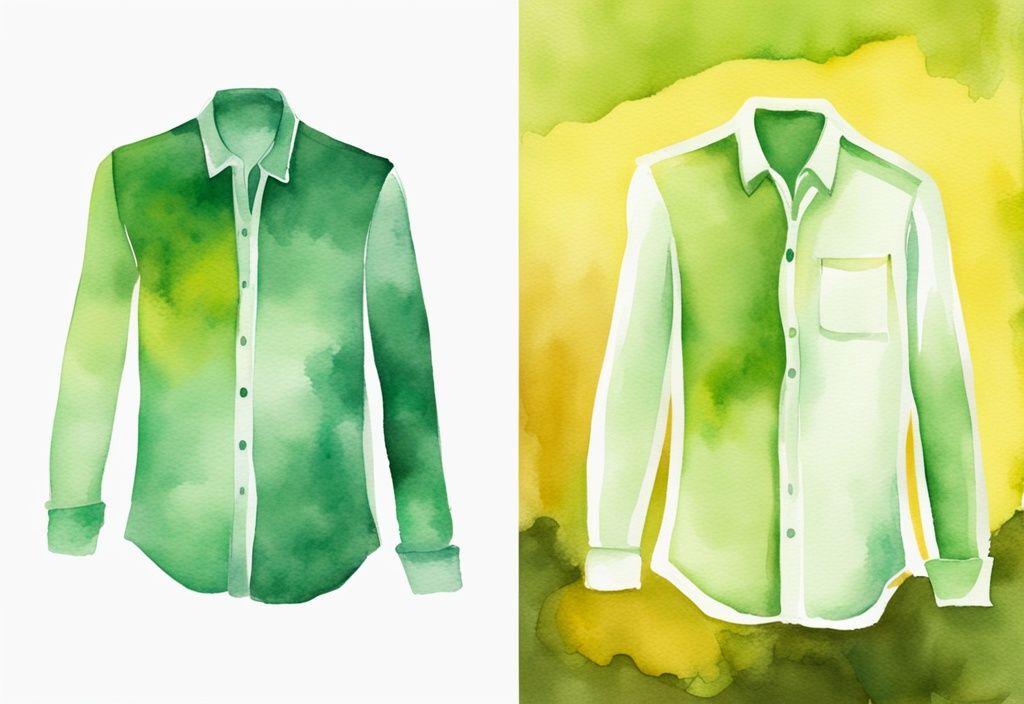
How Often Can You Safely Bleach Your Hair?
Spacing out your bleaching sessions is key to maintaining healthy hair. I recommend waiting 8-10 weeks between treatments. This interval allows your hair to recover and prevents the cumulative damage that frequent bleaching can cause. Remember, patience is your best friend when deciding to bleach or not to bleach.
Can You Bleach Already Colored Hair?
Yes, you can bleach previously colored hair, but proceed with caution. From my experience, this process requires careful consideration. To bleach or not to bleach should be a well-thought-out decision, ideally made with professional guidance to avoid over-processing and potential damage.
What Are the Best Products for Maintaining Bleached Hair?
Maintaining the health of bleached hair is a journey in itself. I swear by products tailored for chemically treated hair. Purple shampoo helps reduce brassiness, while regular deep conditioning and bond-repairing treatments are essential. These steps ensure your bleached hair remains vibrant and healthy.
Are There Non-Toxic Hair Bleaching Options?
Exploring non-toxic alternatives can be rewarding. Natural lightening methods and lightening shampoos and conditioners are less harsh on your hair. While they might not deliver the dramatic results of traditional bleach, they offer a gentler approach. Choosing to bleach or not to bleach with these options can be a step towards a healthier hair care routine.
Conclusion
Deciding whether to bleach or not to bleach your hair is a significant choice that requires careful consideration. I remember the first time I pondered this decision. The allure of a dramatic transformation was tempting, offering a striking change in appearance. Yet, I couldn’t ignore the potential long-term impacts on hair health. Bleaching, if not managed correctly, can lead to dryness, brittleness, and increased porosity.
Whether you choose to bleach or not to bleach, maintaining hair health should always be a priority. I’ve learned that healthy hair not only looks better but also withstands styling and environmental stressors more effectively. For those concerned about the impact of environmental factors, exploring the best low radiation cell phones of 2024 can also contribute to a healthier lifestyle. Over the years, I’ve found that regular care routines, like deep conditioning and using protective products, are crucial in preserving hair strength and shine.
Ultimately, making an informed decision is key when considering whether to bleach or not to bleach. Consulting with a professional can provide valuable insights into your hair’s condition and suitability for bleaching. This ensures that you achieve the desired results while minimizing potential damage. Professional guidance can help tailor the bleaching process to your individual hair type and needs, offering a safer and more effective approach.
Remember, your hair journey is personal, and it’s important to weigh all factors carefully. With the right information and support, you can make a choice that aligns with your values and lifestyle, ensuring your hair remains a beautiful expression of who you are.
Hi, I’m Olivia Green, the voice behind nontoxicways.com. I’m passionate about helping you make the shift to a healthier, non-toxic lifestyle without feeling overwhelmed. I love sharing my personal journey, from small changes to big transformations, along with practical tips that make it all feel doable. My goal is to inspire and guide you toward a lifestyle that benefits both your well-being and the planet. Let’s take this journey together, one simple step at a time!
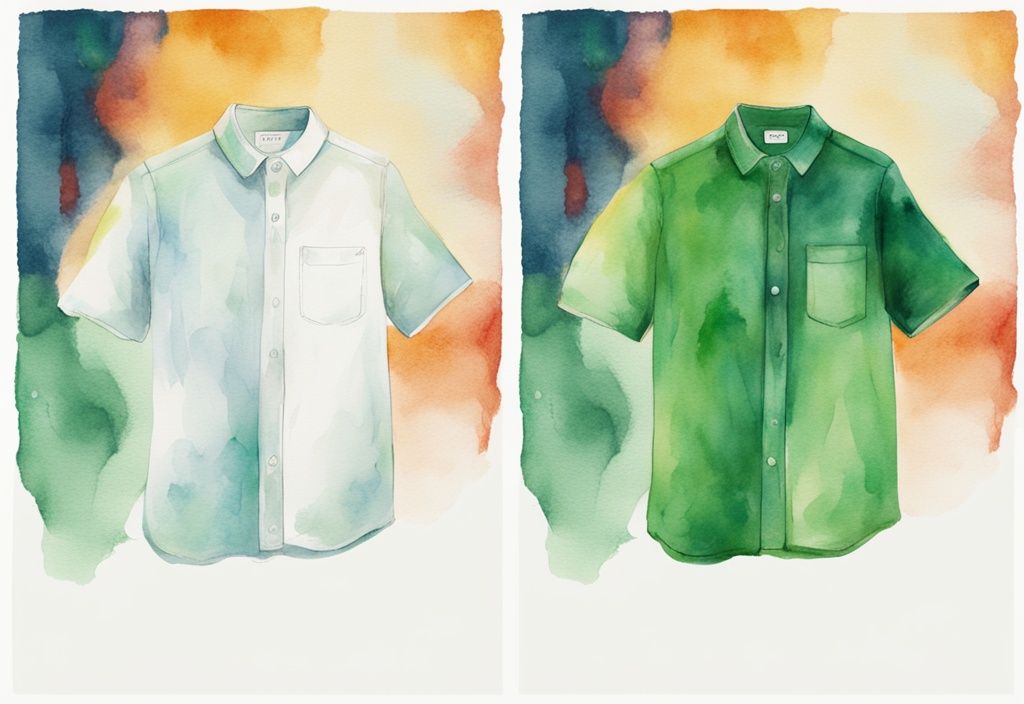
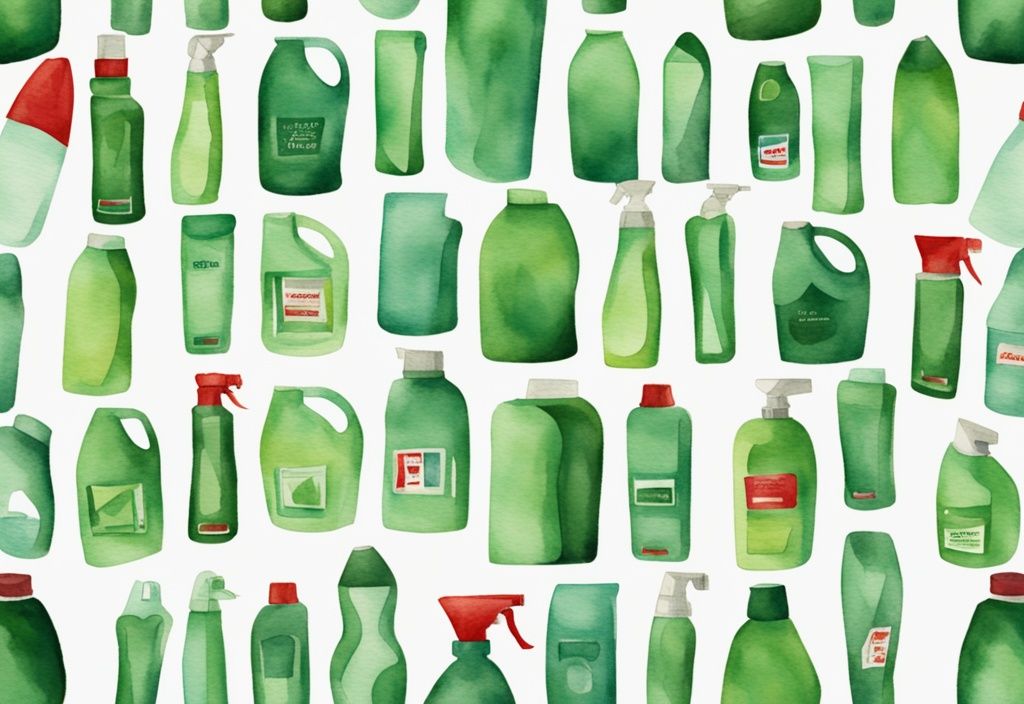
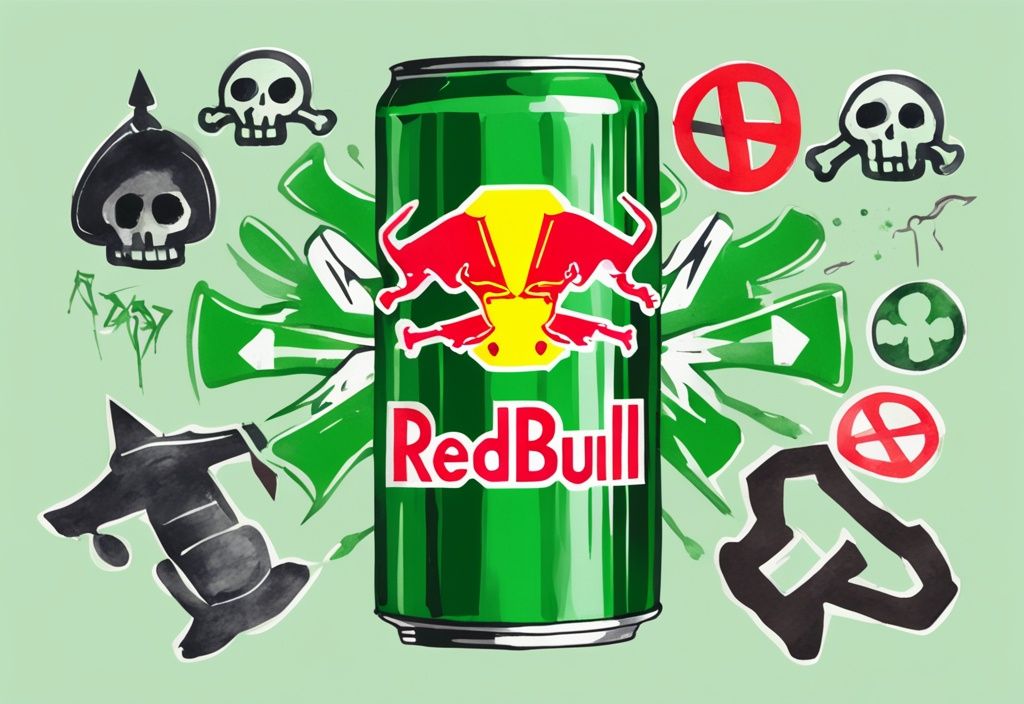
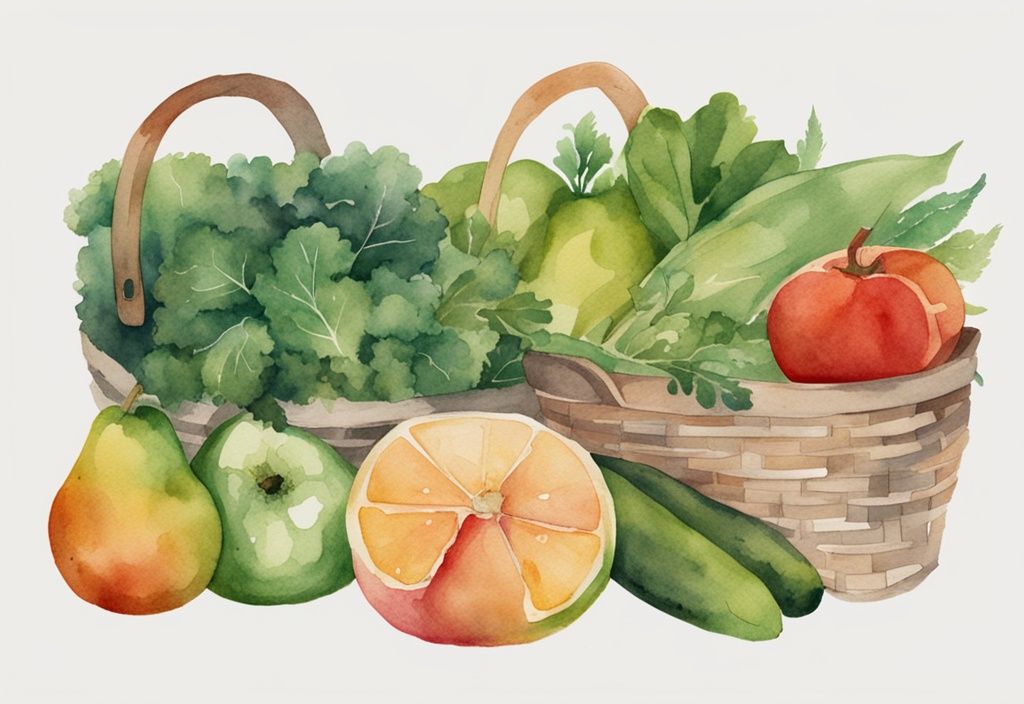
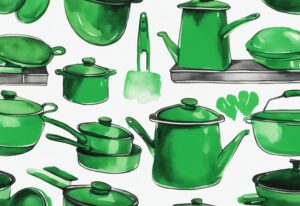



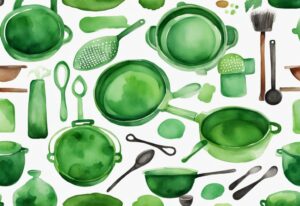
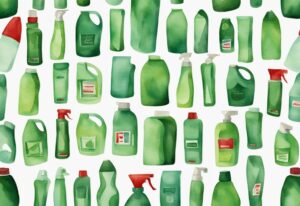


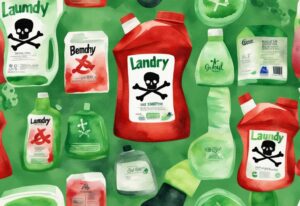

Post Comment